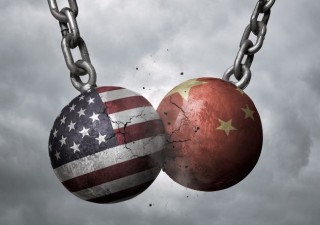US Ambassador Calls for ‘Difficult Discussions’
05 May 2014

Days before the expected release of the US Trade Representative’s (USTR) 2014 Special 301 Report – the result of an annual review of the state of intellectual property rights protection and enforcement in US trading partners – the US Ambassador to India has said that Indian authorities should engage with the United States “to have those difficult discussions on issues such as intellectual property rights and taxation.”
Nancy Powell was speaking at the Annual General Meeting of the American Chamber of Commerce in New Delhi in April.
At the same meeting, Industry Secretary Amitabh Kant responded that India’s IP regime is compliant with World Trade Organization rules. “The Indian Patent Act is a comprehensive regulation which is TRIPS-compliant and is rigidly enforced. It is a transparent policy with checks and balances subject to legal scrutiny,” he said.
The sparring comes at a time when industry leaders in the US have urged the USTR to elevate India’s status on the Special 301 Report from the Priority Watch List to Priority Foreign Country designation, due in large part to India’s treatment of pharmaceuticals under its patent law, which doesn’t allow patents for drugs invented prior to 1995, among other things.
In April 2013, Novartis lost a longrunning attempt to patent a crystalline form of its anti-cancer drug Glivec, and in August 2013, GlaxoSmithKLine saw one of its Tykerb cancer treatment drug’s patents revoked.
The Priority Foreign Country designation is reserved by statute for countries with the most egregious IPRrelated acts, policies and practices with the greatest adverse impact on relevant US products, the USTR says. Ukraine was elevated to Priority Foreign Country status on the 2013 report; it was the first time in seven years that any country had been listed in that category.






